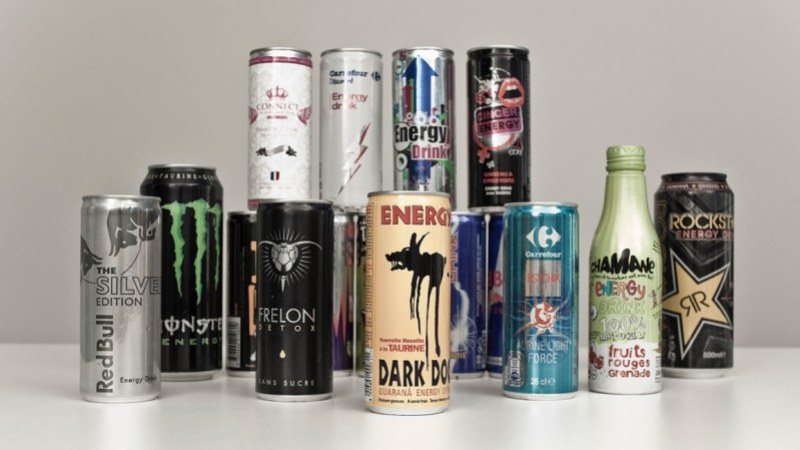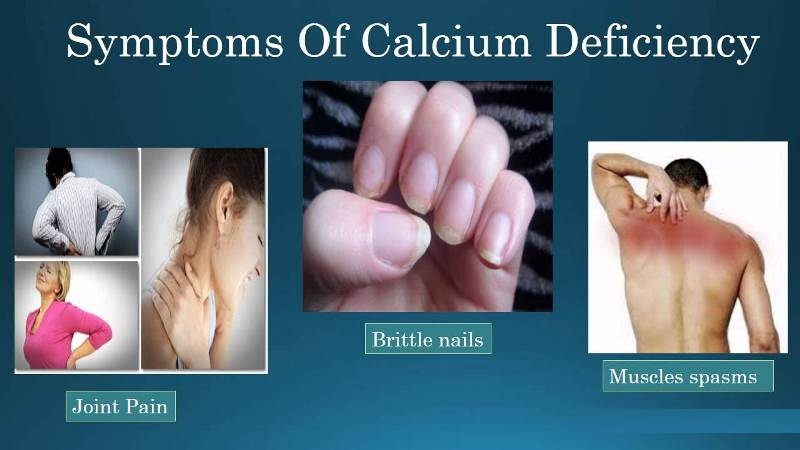Energy drinks are most popular among teenagers or adults also. But a recent study states that energy drinks cause disturbances to heart health.
When people usually feel low they drink energy boosters. According to the National Center for Complementary and Integrative Health (NCCIH) energy drinks are the second most consuming dietary supplement for teenagers and adults.Energy drinks are loaded with sugar or stimulant products such as caffeine to boost physical and mental concentration or reduce fatigue.
Coffee, tea or other caffeinated drinks are not considered energy drinks. According to Mayo clinic consumption of up to 400 mg soft drink per day is safe for adults.
The percentage of 12-19 years adult consuming drink percentage has been growing every year. Consuming energy drinks with alcohol raise safety concerns, excessive or repeated consumption causes cardiac or psychiatric concerns.
Heart Rhythm Changed- Study
For the study published in the Journal of the American Heart Association, lead author Sachin A. shah professor of pharmacy at the University of Pacific enrolled 34 adults aged between 18 and 40.
After an overnight fast volunteers consumed two 16 ounces bottles of one or two energy drinks containing carbonated water, lime juice or cherry flavor. The study was double blinded neither the researchers nor the participants know who drank which product.
The researchers then measured the heart rhythm and blood pressure after 30 minutes for a total of 4 hours.
After that the researchers found a significant increase in the time that heart chambers started to contract and relax. This measure is known as QT interval. Heart rate is linked to length of QT interval. Scientists often use corrected QT interval QTc for heart rate.
QTc ranges from 431-450 ms in men or QTc ranges from 451-470 ms is considered maximum heart rhythm.
When this numbers increase its normal person’s risks of cardiac arrest, or disturbances in normal heart beat.
Researchers saw signification changes in length of QT interval in span of 4 hours after the participants consumed energy drinks.




